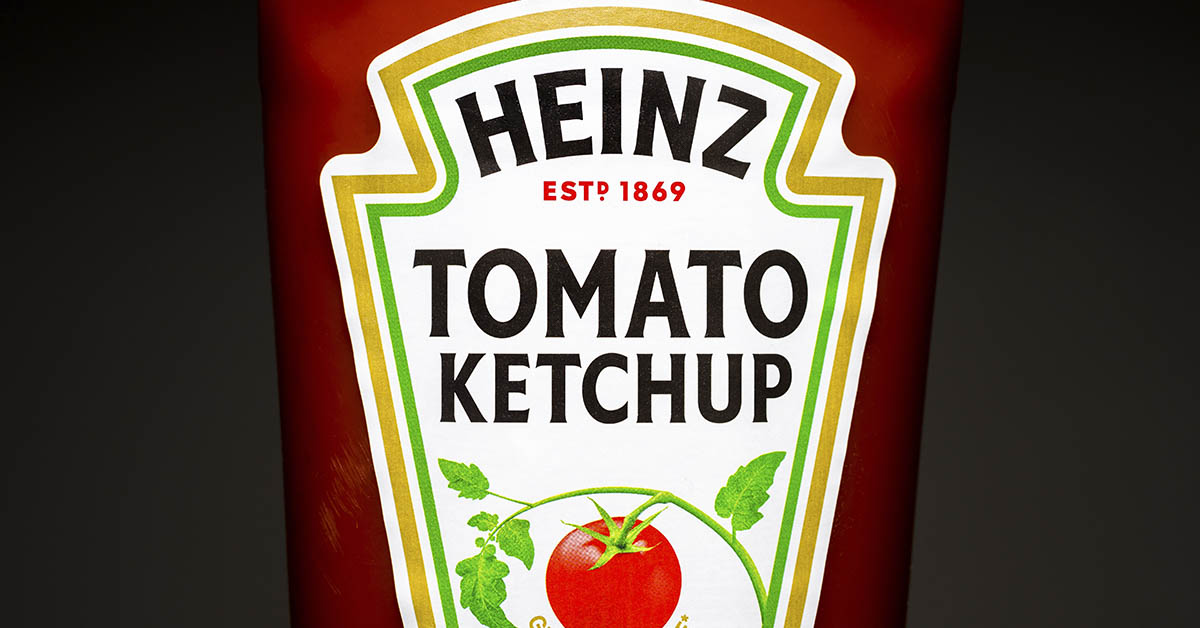Ketchup storage has long been a topic that causes confusion in many kitchens. Some people swear by keeping ketchup in the fridge, while others argue it’s fine on the cupboard shelf. The debate often comes down to taste, texture, and food safety concerns. Heinz, one of the most popular ketchup brands worldwide, has finally stepped in to clear things up. Their official advice settles the question: where should ketchup really be stored? Let’s dive into what Heinz recommends and why it matters for your ketchup’s flavor and longevity.
What Heinz Says About Storing Ketchup

Heinz explains that unopened ketchup bottles are best stored in a cool, dry place like a cupboard. This keeps the ketchup stable before you open it. Once opened, the company advises refrigerating the ketchup to preserve its freshness. In fact, Heinz tweeted their stance publicly on the matter. Storing opened ketchup in the fridge slows down bacterial growth and keeps the flavor intact longer. Heinz also notes that ketchup is made with natural preservatives, but refrigeration is still best after opening. This simple advice helps ketchup lovers enjoy their favorite condiment without wasting any.
Read More: 7 Foods You Might Not Find in Stores by 2025 – Get Them While You Still Can
How Temperature Affects Ketchup Quality

Temperature plays a big role in ketchup’s taste and texture. When ketchup stays in a warm cupboard after opening, it can lose its bright red color and thick consistency. Refrigeration helps ketchup maintain its signature tangy flavor and smooth texture. Cold storage slows the breakdown of ingredients and reduces the risk of spoilage. On the other hand, unopened ketchup bottles are designed to withstand room temperatures safely. So, keeping it in the cupboard before opening won’t affect the quality.
Common Myths About Ketchup Storage
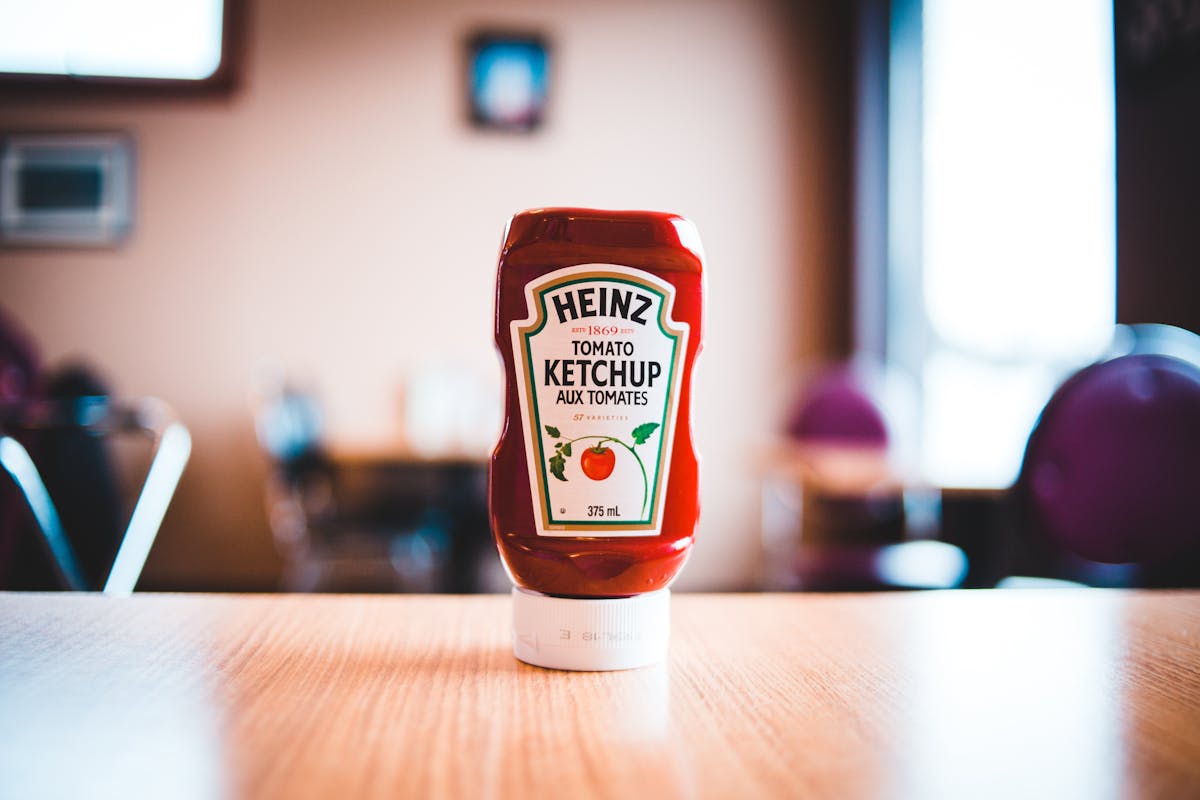
Many people believe ketchup needs refrigeration all the time to stay safe, but that is not exactly true. Unopened ketchup is shelf-stable due to its acidity and preservatives. This means it can safely sit in your cupboard without spoiling. Another myth is that ketchup goes bad quickly if not refrigerated. Actually, ketchup has a longer shelf life than many condiments, even at room temperature before opening. Heinz’s guidance clears up these misconceptions and helps avoid unnecessary fridge space usage.
Tips for Keeping Your Ketchup Fresh
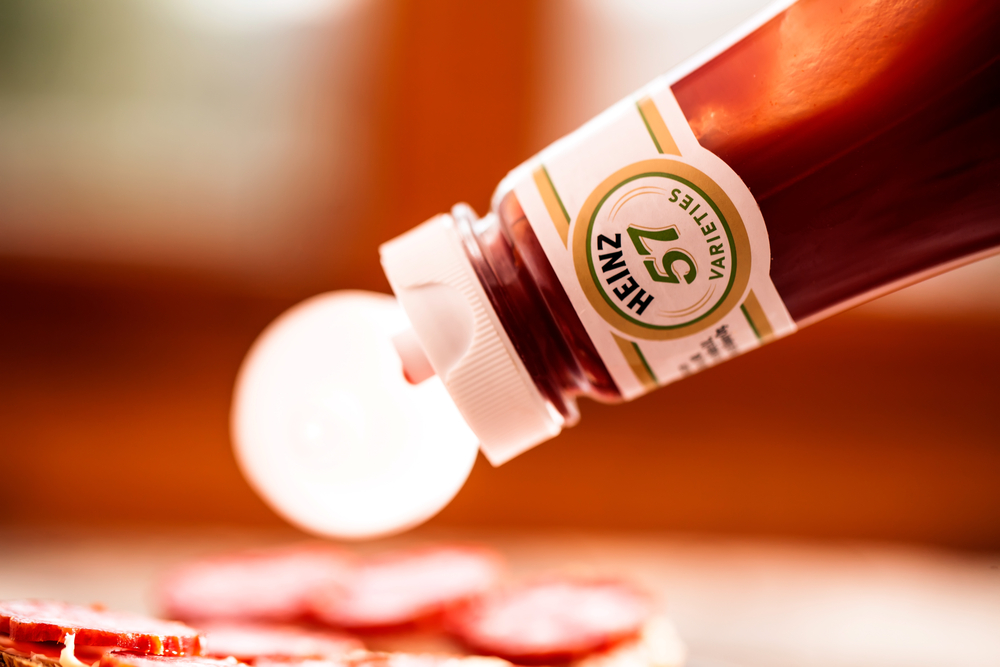
If you want to get the most out of your ketchup, follow a few simple tips. Always close the bottle tightly after use to prevent air and moisture from entering. Store unopened ketchup in a cool, dry cupboard away from sunlight. After opening, put the ketchup in the fridge promptly to extend its life. Try to avoid leaving the bottle out at room temperature for long periods once opened. Lastly, check the expiration date on the label to ensure quality. These habits will keep your ketchup ready for every meal.
What Happens If You Don’t Refrigerate Opened Ketchup?

Leaving opened ketchup in the cupboard can change its flavor and quality over time. The ketchup might taste dull or lose its tanginess faster. Its texture may become runnier or separate, which is less pleasant to use. Additionally, the risk of mold or bacterial growth increases without refrigeration. While it might not spoil immediately, you’ll likely notice a decline in freshness. Storing opened ketchup in the fridge helps avoid these issues and keeps it delicious longer.
Why Restaurants Don’t Have to Refrigerate Ketchup

Restaurants often leave ketchup on tables even though it’s recommended to refrigerate it after opening because of the high turnover and the natural preservative qualities of ketchup. In restaurants, ketchup is used quickly, so it doesn’t sit out long enough to spoil the way it might at home when stored for extended periods. The acidity from tomatoes and vinegar, combined with sugar and salt, makes ketchup naturally shelf-stable for some time. Additionally, restaurants sometimes “marry” older ketchup with fresh ketchup to keep bottles full, which helps minimize spoilage risk. While refrigeration is suggested to maintain the best quality and freshness, in restaurant settings safety is usually not an issue because the ketchup is consumed so rapidly.
How Long Does Ketchup Last in the Fridge?
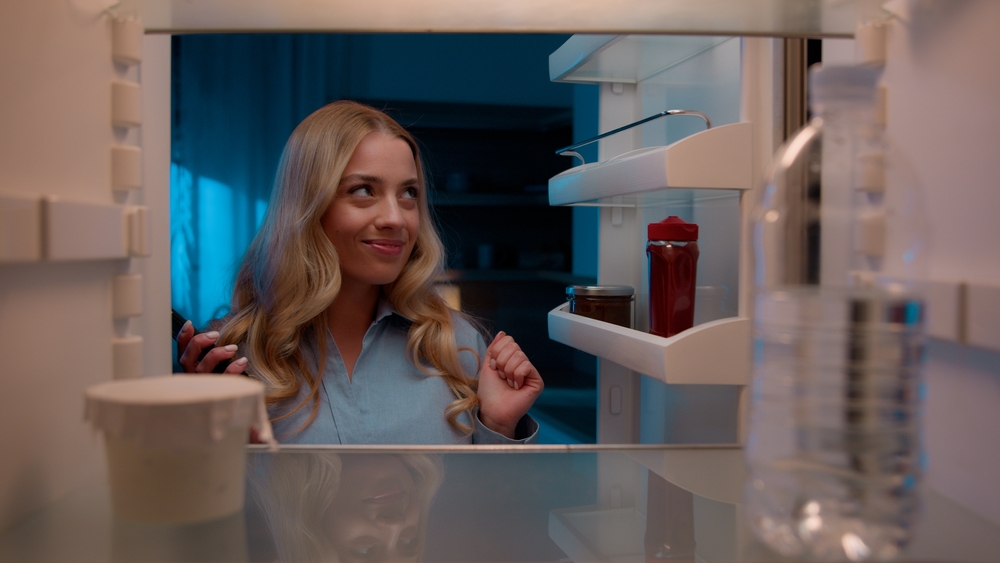
Opened ketchup stored in the refrigerator usually stays fresh for about six months. During this time, the flavor remains vibrant, and the texture stays thick. After six months, ketchup can still be safe but might lose some quality. Always trust your senses, if the ketchup smells off or changes color, it’s time to toss it. Unopened bottles can last much longer, sometimes up to a year or more. So, keeping your ketchup chilled after opening helps you enjoy it at its best.
Short History of Ketchup

Ketchup has a fascinating history that dates back centuries, originating far from the tomato-based condiment we know today. Its roots trace to a fermented fish sauce called “ke-tsiap,” used in Southeast Asia, particularly in China, Vietnam, and Malaysia, around the 17th century. British traders encountered this sauce and brought it to Europe, where it evolved over time. Early Western versions included ingredients like mushrooms, walnuts, and anchovies instead of tomatoes. It wasn’t until the early 19th century that tomato-based ketchup became popular in the United States. Thanks to advances in food preservation and mass production, companies like Heinz helped standardize and popularize tomato ketchup in the late 1800s. Since then, ketchup has become a staple condiment worldwide, loved for its sweet, tangy flavor and versatility with many dishes.
Conclusion: The Best Way to Store Ketchup
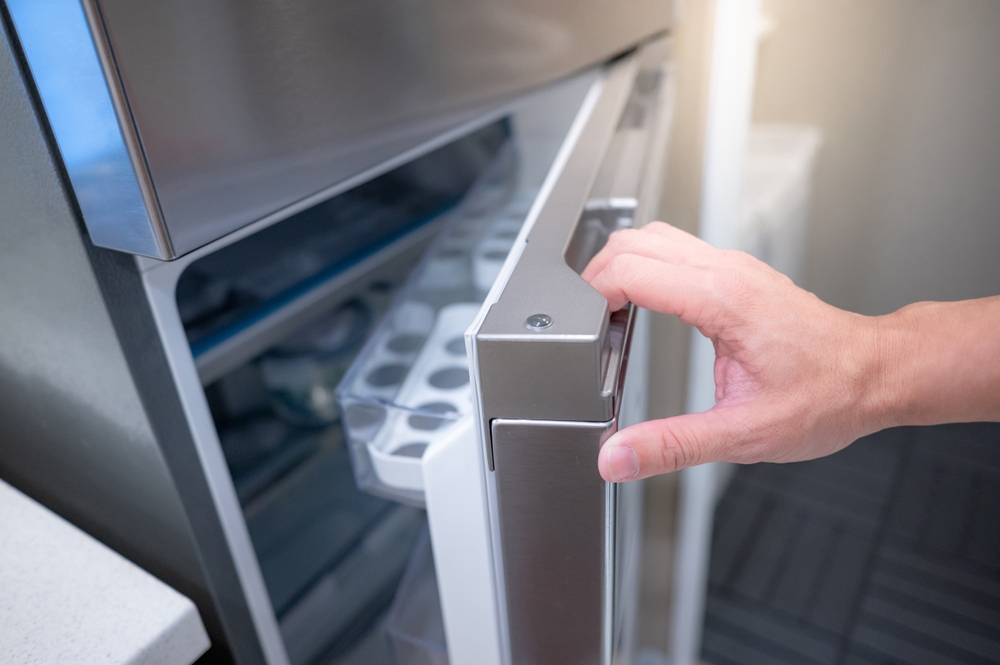
In the end, ketchup storage doesn’t have to be confusing. Keep unopened ketchup in your cupboard, safe from heat and light. Once you open it, move the bottle to the fridge right away. This simple step preserves flavor, texture, and freshness for weeks. Heinz’s clear advice makes it easy to care for your ketchup properly. Now you can enjoy every squeeze knowing your ketchup tastes just right. So, next time you reach for that bottle, you’ll know exactly where it belongs.
Read More: 20 Foods That Will Never Expire
